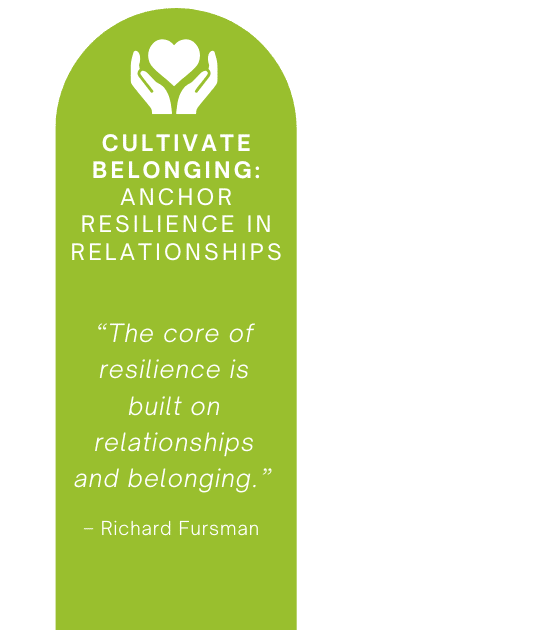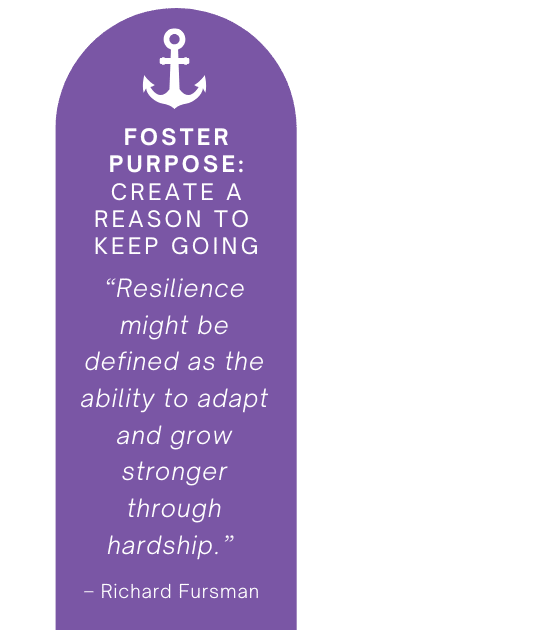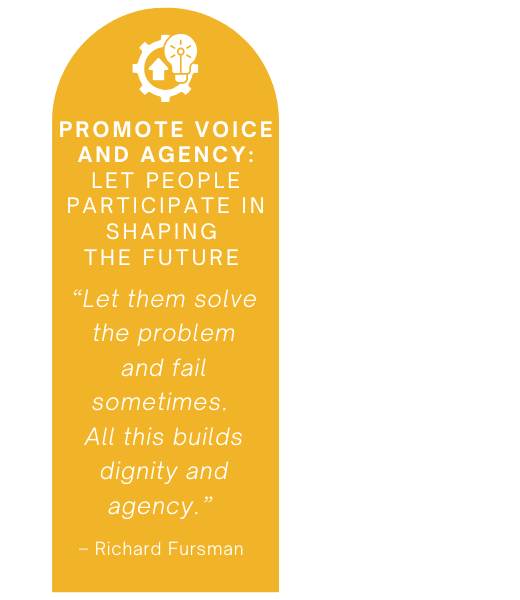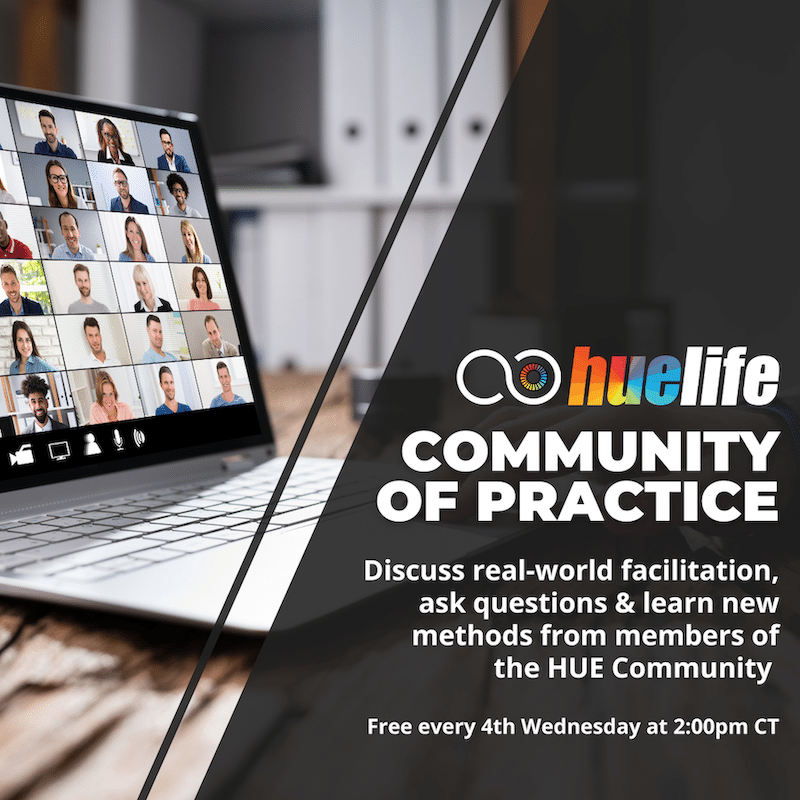Living With the Unknown: YouLEAD Alumni Reflect on Life in Wartime Ukraine
In times when so little can be controlled and so much pressure falls on the shoulders of the younger generation, Ukrainian youth have never given up. YouLEAD brought 16 participants to the USA in 2025 for professional growth and a breath of peace away from war. These young leaders continue to inspire their communities and remind the world what courage looks like.




